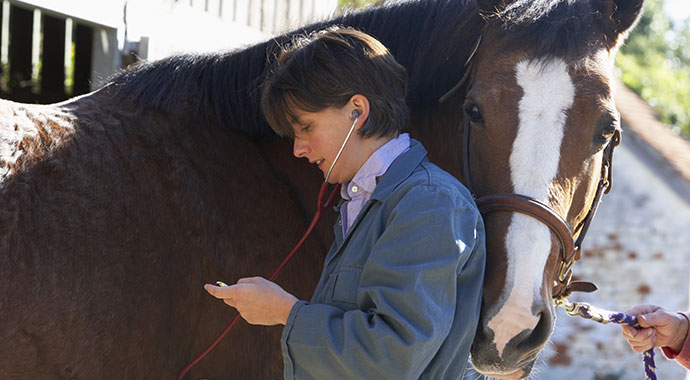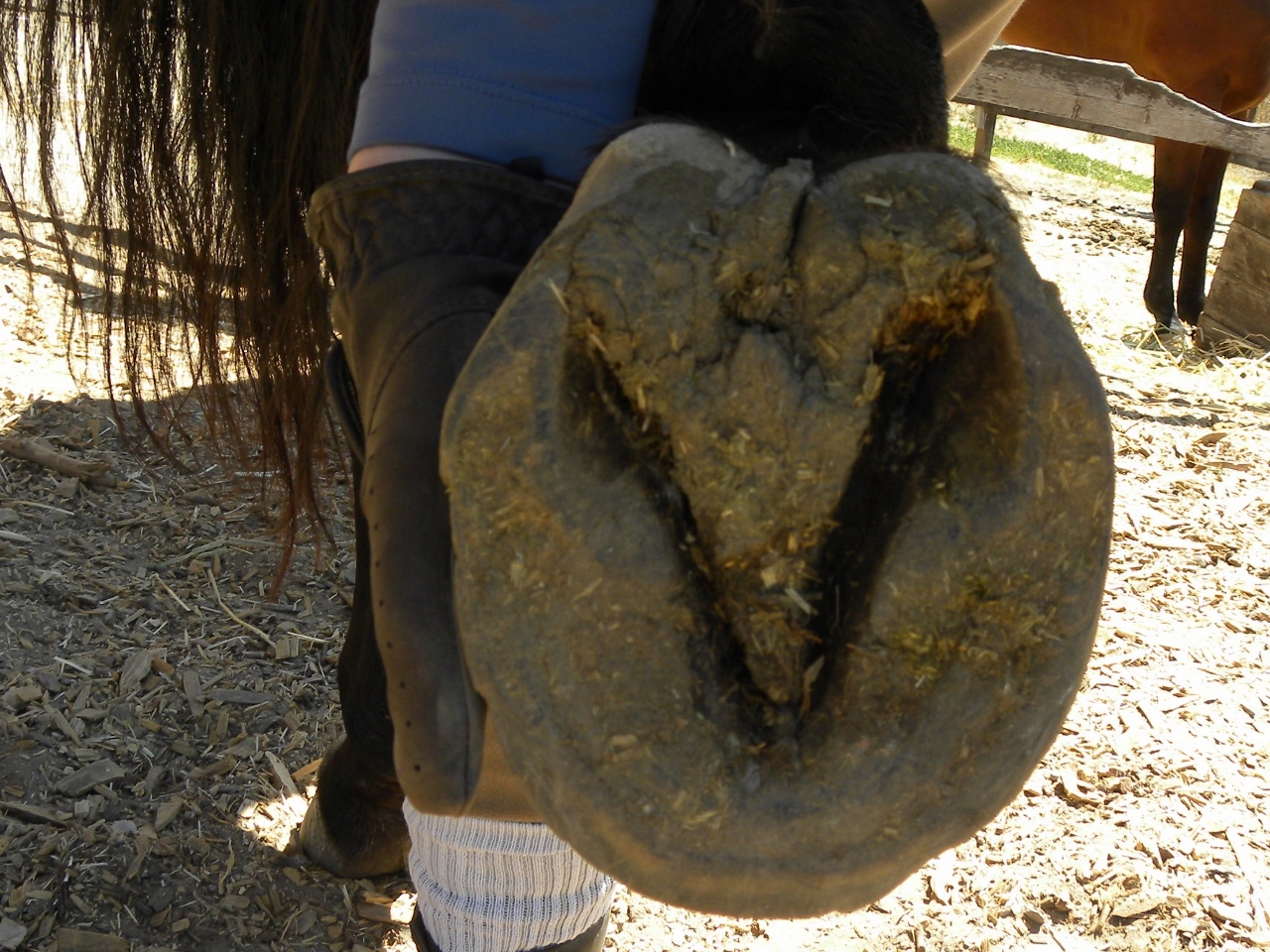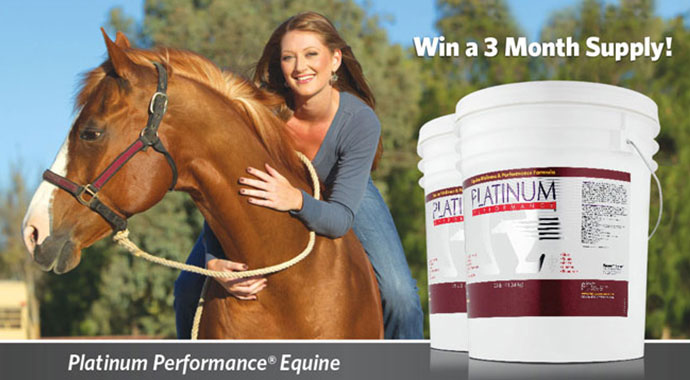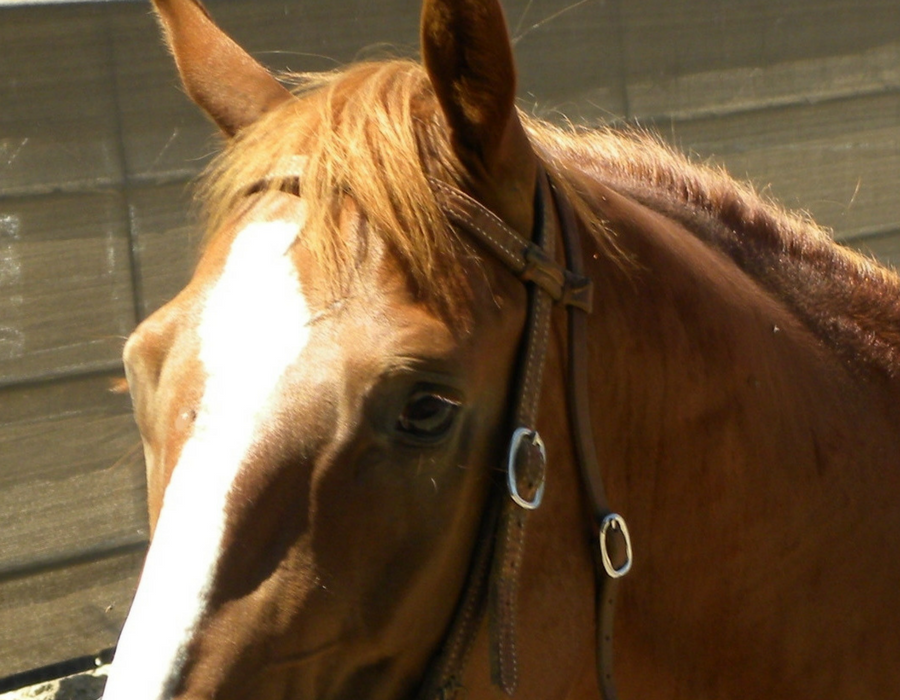A horse only needs to see their doctor when their sick, right? Unfortunately, this is a common misconception. Horses and other pets for that matter, should see their veterinarian for basic wellness exams at least once a year or more often if they are being treated for any specific conditions. Wellness exams are vital for many important reasons, as it is in my opinion that the most important medicine is preventative medicine.
Why wellness exams?
One of the most important reasons to have a regular veterinarian for your horse is that in the event that your horse does get sick, injured, or needs any other emergency veterinary attention, you have someone to call that already knows you and your horse. There may be times where your veterinarian is away for continued education events or for personal reasons and one of their colleagues is covering for them, I still strongly believe having an existing relationship with a veterinary practice benefits both you and your horse in the time of an emergency.
In addition to offering peace of mind, wellness exams serve several other benefits. It is a great time to check and update vaccine status, check teeth and schedule dentals as needed, include basic optional laboratory work to help screen for problems, and for discussing management protocols. Management protocols include deworming, nutrition, exercise regimens, and housing arrangements for your horse among other things. Just like people, no two horses are the same, therefore recommendations must be adjusted to suit the needs of each horse. In future articles I’ll touch more on each of the areas such as vaccinations, different deworming protocols and nutrition based on a horses needs.
Wellness exams also give your veterinarian a chance to examine your horse while they are healthy and be familiar with their normal habits and attitude. Additionally, the exam may reveal subtle signs that may indicate a problem is starting and your veterinarian can diagnose it early which can lead to more successful treatment.
If your horse is already undergoing treatment for a specific condition, such as Cushing’s Syndrome, a wellness exam will allow your veterinarian to monitor the condition. Your veterinarian may then run appropriate bloodwork or other tests to monitor response to treatment and ensure they are receiving proper dosages based on clinical response.
As to what specifically involved in a yearly exam, every veterinarian is different slightly in what each will encompass. For myself, a full physical examination is always standard. Additionally vaccine are boostered as needed and we discuss the horse’s current deworming schedule. Depending on the horse, a basic complete blood count and chemistry may be recommended and I typically recommend a fecal sample to be submitted to screen for internal parasites. If there are any specific diseases being treated or monitored the appropriate bloodwork is performed to monitor treatment efficacy as well as check if the horse’s internal organs are handling the medications well.
Don’t currently have a regular veterinarian? Horse owners in SLO County are very fortunate that there are many very reputable and caring equine veterinarians in our area. The American Association of Equine Practitioner’s (www.AAEP.org), the American Veterinary Medical Associations My Veterinarian (www.myveterinarian.com), and recommendations from friends and family are great resources for locating a veterinarian near you.




